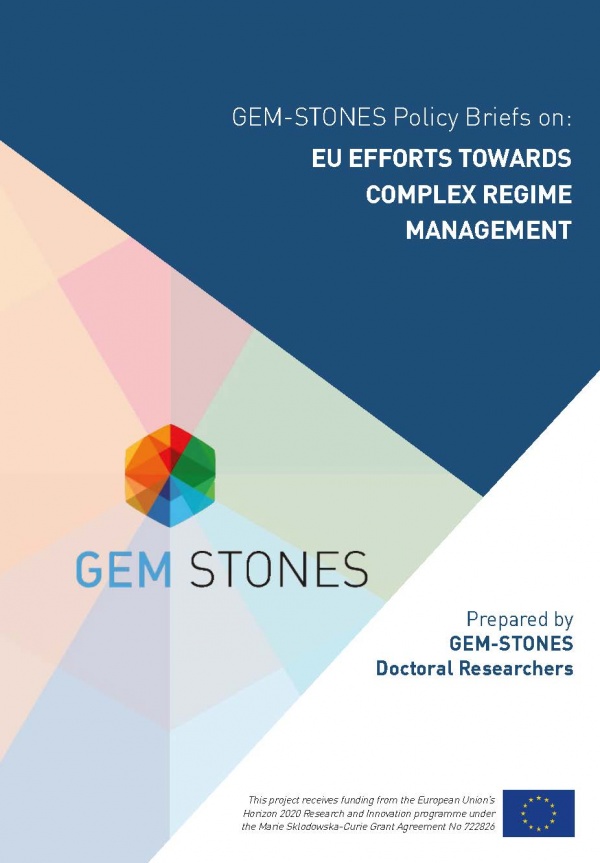Mutual Trust in Regional and Interregional Cooperation on Counterterrorism. An Analysis of the EU and ASEAN Approaches

GEM-STONES Policy Briefs. AGORA Forum, March 2020
Executive Summary
Countries may be victims of terrorism in various ways, such as experiencing attacks on their soil, involuntarily hosting terrorists, serving as transit countries, and having their citizens recruited for terrorist purposes. Requiring a comprehensive and transnational response, the current global framework is too broad to propose any effective solution. Regional organisations are more suitable as they are able to tailor their response to their specific needs and context/environment.
Cross-border cooperation is essential to combat terrorism and this is strongly supported and fostered by the European Union (EU), especially as it harmonises its Member States’ counterterrorism policies and legislations. By contrast, the Association of South East Asian Nations (ASEAN) is limited to a role of secretariat in the decision-making of its Member States’. The EU is an independent and valuable actor in international relations. In light of the differences, and recognising the need to collaborate on this topical issue, the EU aims to export its standards in the fight against terrorism. With this purpose in mind, the EU should reflect on whether its strategy fits the specific context and needs of ASEAN, which is both a regional organisation and the congregation of its Member States. Moreover, the EU should put clearly forward what would be its added value to the ASEAN undertaking in this field (i.e. being a regional organisation as well that could bring its expertise).
![]()
This project receives funding from the European Union's Horizon 2020 research and innovation programme under the Marie Sklodowska-Curie Grant Agreement No 722826.
















